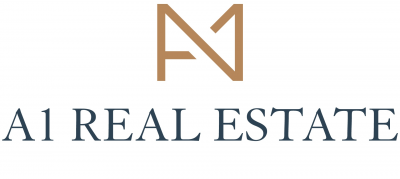
Hôtel vs appart-hôtel vs appartement meublé : quelle option pour un séjour de 3 à 12 mois à Paris ?
What documents should be provided to vouch for you?
- a valid identity document;
- proof of address;
- professional proof (Kbis extract for self-employed persons, employment contract, employer certificate, etc.);
- proof of income and solvency (last 3 pay slips for employees for example, title deed, last tax notice, etc.).
What are the obligations to act as guarantor?
Vouching engages the responsibility of the person in case of unpaid rents and rental charges. If it is a simple guarantee, the landlord can turn to the guarantor only after having made the preliminary steps with his tenant.
When there is joint and several suretyship, the owner can directly contact the guarantor without going through the tenant in case of unpaid.
What are the risks of vouching?
When a person vouches for a tenant, the risks involved are essentially financial. This implies a strong relationship of trust between the tenant and his guarantor.
Is it mandatory to have a guarantor?
This is not mandatory but almost systematically requested by the owner in the rental files. If your income is 3 times higher than the amount of rent, you will not need to call on a guarantor, proof of income will suffice.
What is a guarantor?
In the context of a rental, the guarantor undertakes to pay the rent in the event of an inability to pay the rent.
The landlord can turn against the guarantor in case of non-payment: if there is legal proceedings, the guarantor is prosecuted as much as the tenant.
Who can vouch for it?
Generally, the guarantors are the tenant's parents but it is possible to call on any trusted relative. This can be:
- Natural persons : family members, friends, third parties,
- Legal entities : companies, banks or associations.
If no one from the entourage can stand surety, there are aids such as the Visale guarantee (for rents below 2000 euros monthly and if the lessor is a legal entity). Action Logement guarantees free of charge to cover unpaid rents and any rental damage.
- The guarantor must deliver a letter to the owner,
- This allows the natural or legal person to declare himself as a simple or joint guarantor,
- It is a fixed-term or indeterminate act of guarantee for the benefit of the tenant.
Simple deposit and joint and several surety?
There are two types of surety: the simple surety and the joint and several surety.
In the case of a simple surety, the lessor claims payment of the debts to the tenant by bailiff, before calling on the surety. In the case of joint and several surety, he may appeal directly to the surety to settle unpaid.
How does the VISALE warranty work?
- 36 unpaid rents in the private rental stock
- 9 unpaid rents in the social rental stock
- In the context of a rental, the guarantor undertakes to pay the rent in the event of an inability to pay the rent.
- The guarantor is a hired person, whose income is sufficient (at least 3 times higher than the amount of the rent) to assume the payment of your rent in case of need.
- If no one around you can stand surety, there are aids such as the Visale guarantee
- There are two types of surety: the simple surety and the joint and several surety.
- Unpaid rents and charges are guaranteed up to:
- 36 unpaid rents in the private rental stock
- 9 unpaid rents in the social rental stock
- To be a guarantor is to have obligations, but it is also risks

You want to
to sell in Paris or its surroundings ?
Posted on 04/01/2023 by
Andy LECUYER




